Description
Data Sheet
– 1/2″~2″ (DN15~DN50)
– W.P.:200WOG (PN16)
– W.T.:425°C
– Investment casting
– Rising stem
– Thread end: ASME B1.20.1 (NPT),
DIN 259 / DIN 2999, BS 21, ISO 288-1, ISO 7-1
– Socket weld end: ASME B16.11
The Needle Valve is a precision flow control valve commonly used in applications that require precise control of fluid flow.It has the following characteristics:
Structure: A needle valve typically consists of a valve body, valve core (needle-shaped valve core), valve stem, and valve bonnet. The valve core is slender and has a tapered or needle-pointed end. By rotating the valve stem, the gap between the valve core and the valve seat can be adjusted, thereby controlling the flow rate of the fluid.
Flow control: The key feature of a needle valve is its small passageway and adjustable clearance. By rotating the valve core, the opening area of the passageway can be finely adjusted, allowing for precise flow control. Needle valves usually have a narrow range of flow control, making them suitable for applications that require accurate flow control.
Sealing performance: Needle valves generally exhibit good sealing performance. When the valve core tightly fits against the valve seat, it provides reliable sealing, reducing the possibility of leakage.
Material selection: The choice of materials for needle valves depends on the nature of the medium and the requirements of the working environment. Common materials include stainless steel, copper alloys, titanium alloys, etc., and the appropriate material can be selected based on specific application requirements.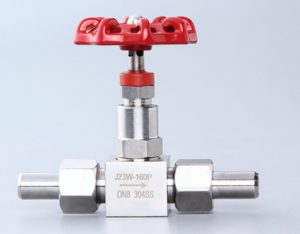
Needle valves have several advantages:
Precise flow control: Needle valves allow for precise flow control by adjusting the gap between the valve core and valve seat. With their small passageway and adjustable opening area, needle valves are highly useful in applications that require accurate flow control.
High sensitivity: Due to the small contact area between the valve core and valve seat, needle valves exhibit high sensitivity. Even small adjustments can result in significant flow changes, making them suitable for applications that have sensitive flow requirements.
Reliable sealing performance: Needle valves have excellent sealing performance when in the closed position, effectively preventing leakage. The tight fit between the valve core and valve seat ensures reliable sealing, allowing needle valves to effectively block the flow of media when closed.
High-pressure and high-temperature resistance: Needle valves are typically made of high-strength and corrosion-resistant materials, making them suitable for high-pressure and high-temperature environments. They can withstand high pressures and temperatures, ensuring reliable operation under demanding conditions.

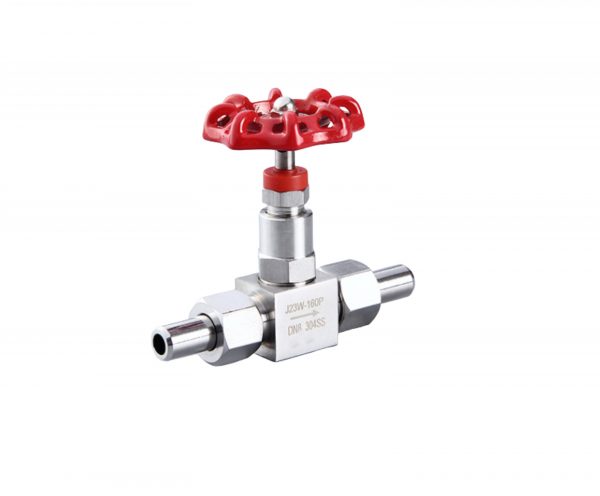
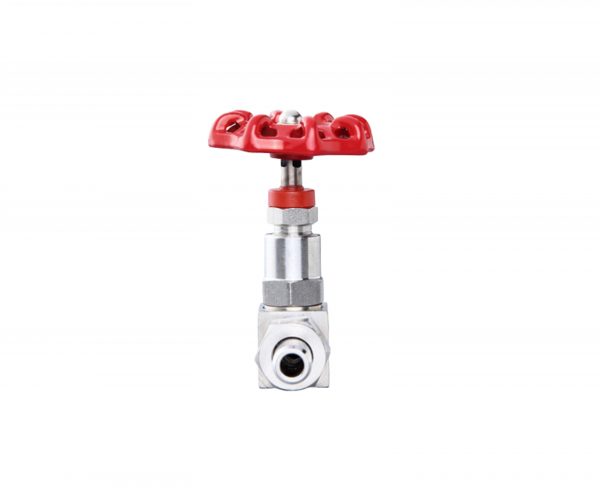
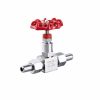
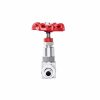
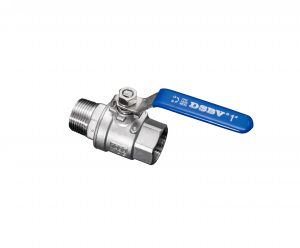
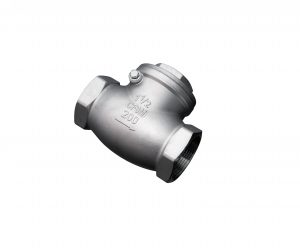
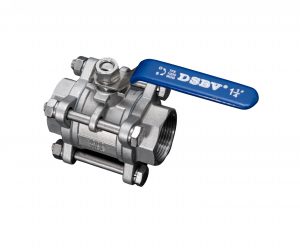
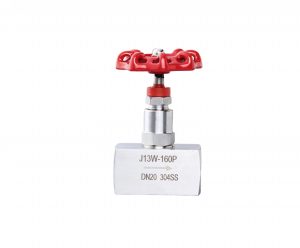
Reviews
There are no reviews yet.